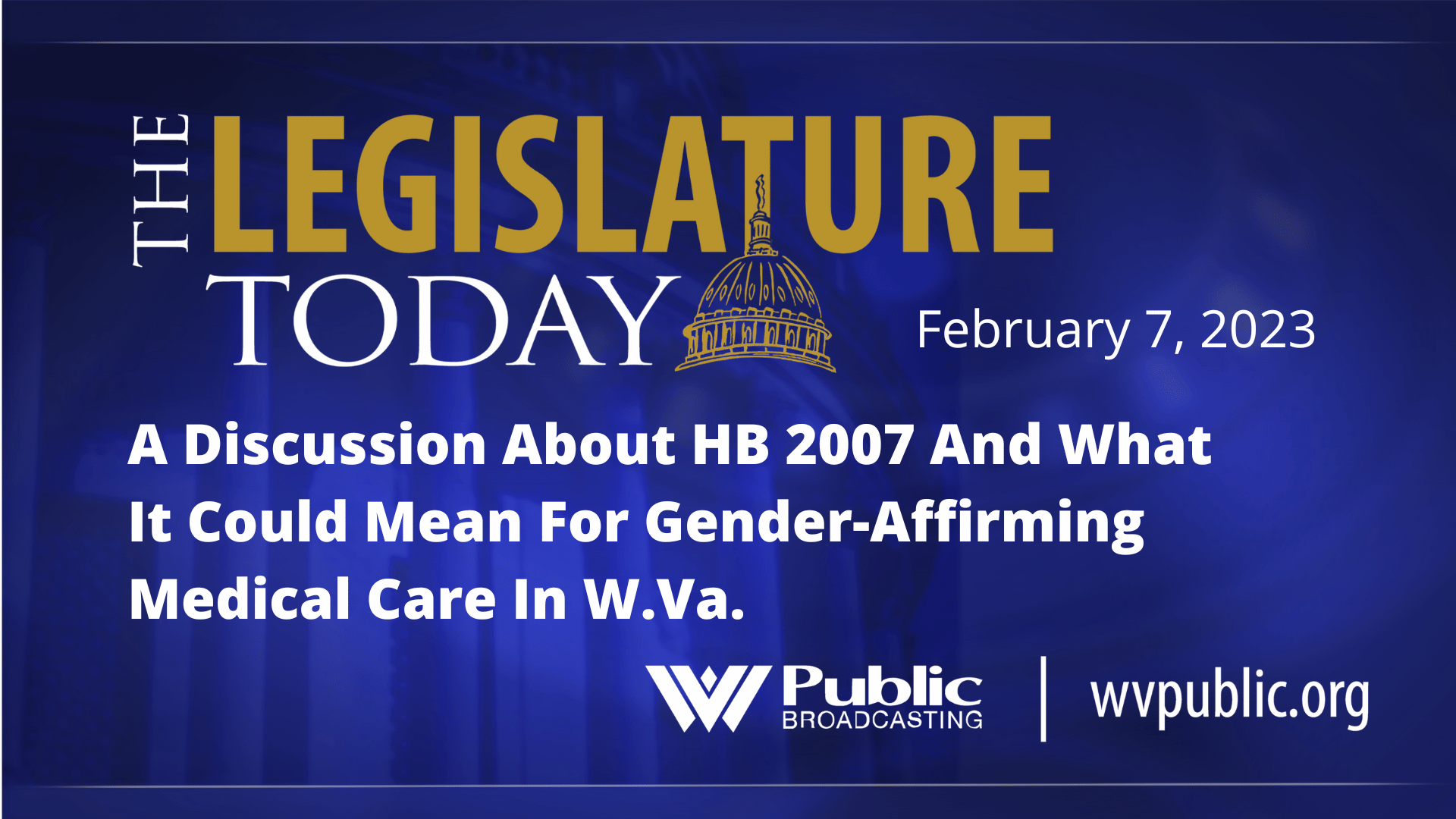Senate Bill 204 would raise the base pay for teachers with less than eight years of experience. Sen. Charles Trump, R-Morgan, said attracting new teachers with competitive pay is the state’s best bet at filling vacancies.
West Virginia has close to 1,500 vacancies for certified teachers in its schools, more than double the vacancies it had just a few years ago.
That’s according to Sen. Charles Trump, R-Morgan. He is the lead sponsor of Senate Bill 204, which would raise the base pay for teachers with less than eight years of experience. Trump said attracting new teachers with competitive pay is the state’s best bet at filling the vacancies.
“It’s not going to be easier or affordable ever for West Virginia to create a salary schedule that draws a teacher with 10 or 15 years of experience in Maryland or Virginia or Pennsylvania to come to West Virginia. It would cost literally hundreds of millions of dollars,” Trump said.
Trump estimated the cost of his new teacher pay increase to be around $24 million.
“That’s the point of this bill,” he said. “I thought if we could at least goose the starting pay for teachers up to where the pay is comparable to teachers who have been teaching and have eight years of experience, that might help, it might help us being able to chip away at some of this vacancy problem.”
Trump called the situation in the Eastern Panhandle, where schools must compete with Virginia, Maryland, Pennsylvania and to a certain extent Washington, D.C. for teachers, an “arms race.” Starting pay in Maryland is on average more than $10,000 higher than pay for the same position in West Virginia.
West Virginia Education Association President Dale Lee confirmed that West Virginia’s average starting salary for teachers is $37,987, 40th in the nation. For comparison, Maryland’s average of $48,510 ranked seventh in the nation while Virginia’s starting salary for teachers of $42,251 was 18th in the nation and Ohio’s $38,231 average was 37th.
Of the regional states discussed during the meeting, West Virginia’s average pay only outranked Kentucky’s at $37,373, 44th in the nation.
Lee raised the issue of the message the bill would send to existing, veteran teachers.
“My concern with that is you have a brand new teacher coming in, and a teacher has been there eight years and the second year they’re teaching there, that beginning teachers second year, and that eighth year teachers ninth year, they’re still on the same scale and will be that way from that point on,” Lee said. “You’re eliminating eight years of increment raises for those educators.”
After the Senate’s Floor session, Trump reiterated that the bill aims to address certified teacher shortages in the most efficient way possible. He said there is no intention to offend experienced teachers, who he concedes are also underpaid.
“There has been some consideration of general pay raise increase bills, and I’m supportive of those,” Trump said. “My hope was that this bill would sort of front load some of that attack to allow us to compete a little more aggressively for newly minted teachers. There are other problems and that is apparently, fewer and fewer college kids are choosing education as their primary area of study and I think we would be wise to examine things that would maybe change that.”
Trump said he is open to considering any ideas that may help with the staffing shortages in the state’s schools.
Senate Bill 204 now goes to the Senate Finance Committee for their consideration. Trump said he believes the Finance Committee will begin work on several educational bills this week when budgetary presentations conclude.
“It is, number one, a constitutional responsibility of the legislature to provide for a thorough and efficient public education for our children,” Trump said. “Number two, it’s critically important to our future. I think everybody here agrees that the future of this state, in large degree, is dependent upon our ability to provide strong, sound public education for our children, and it’s a priority of mine and, I think for all my colleagues in both houses of the Legislature.”
